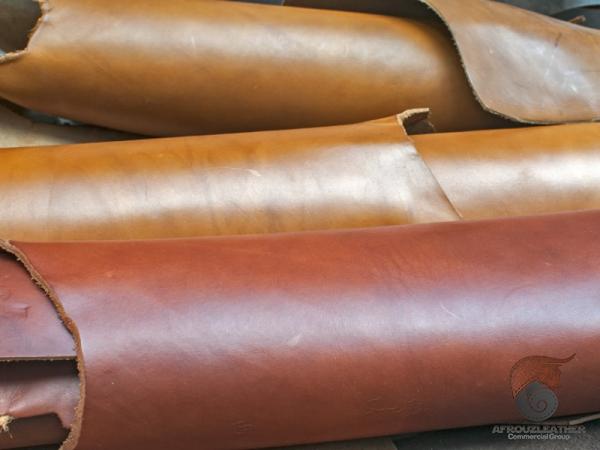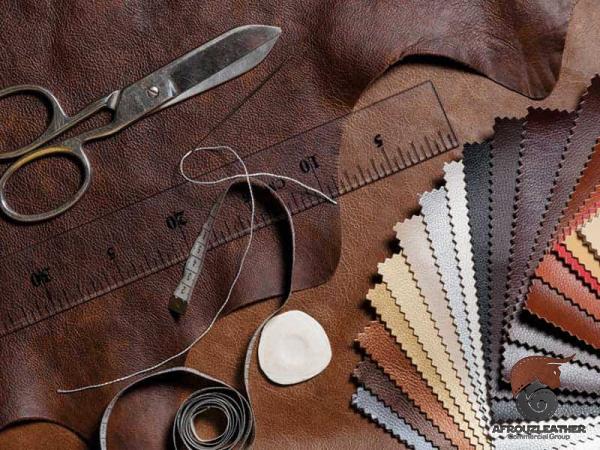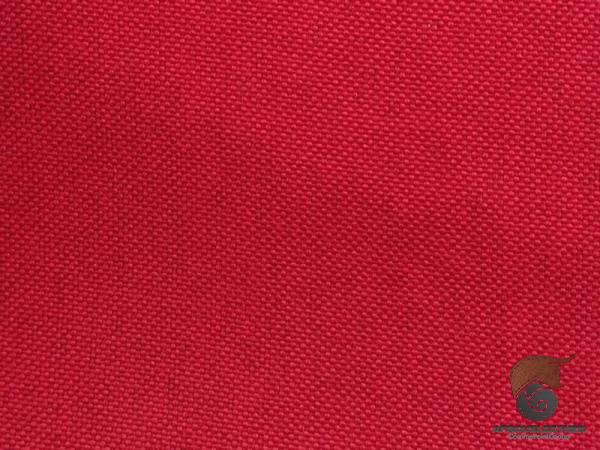Artificial leather, also known as faux leather or vegan leather, is gaining immense popularity in the fashion industry as a sustainable and cruelty-free alternative to genuine leather. With growing environmental concerns and a rising demand for eco-conscious products, artificial leather suppliers have emerged as key players in the global market. This article aims to provide an overview of artificial leather suppliers, highlighting their role in revolutionizing the world of fashion. 1. Understanding Artificial Leather and Its Benefits: Artificial leather is a synthetic material designed to mimic the look, feel, and durability of genuine leather without using animal hides. It is typically made from various base materials such as polyvinyl chloride (PVC), polyurethane (PU), or recycled plastics.
leather
 The benefits of artificial leather include its affordability, durability, versatility, and most importantly, its positive impact on animal welfare and the environment. 2. The Role of Artificial Leather Suppliers: Artificial leather suppliers play a crucial role in the industry by manufacturing and distributing high-quality synthetic leather materials to fashion brands, furniture manufacturers, automotive companies, and other businesses. These suppliers invest in cutting-edge technology and research to continually improve the quality, appearance, and sustainability of artificial leather products. 3. Market Trends: The global artificial leather market has experienced significant growth over the past decade, driven by the increasing demand for sustainable and cruelty-free alternatives to genuine leather. Artificial leather suppliers are witnessing a surge in demand from various industries, including fashion, accessories, upholstery, automotive, and footwear. The market is also witnessing a growing preference for eco-friendly and bio-based artificial leather materials to reduce the environmental impact associated with traditional synthetic leather production.
The benefits of artificial leather include its affordability, durability, versatility, and most importantly, its positive impact on animal welfare and the environment. 2. The Role of Artificial Leather Suppliers: Artificial leather suppliers play a crucial role in the industry by manufacturing and distributing high-quality synthetic leather materials to fashion brands, furniture manufacturers, automotive companies, and other businesses. These suppliers invest in cutting-edge technology and research to continually improve the quality, appearance, and sustainability of artificial leather products. 3. Market Trends: The global artificial leather market has experienced significant growth over the past decade, driven by the increasing demand for sustainable and cruelty-free alternatives to genuine leather. Artificial leather suppliers are witnessing a surge in demand from various industries, including fashion, accessories, upholstery, automotive, and footwear. The market is also witnessing a growing preference for eco-friendly and bio-based artificial leather materials to reduce the environmental impact associated with traditional synthetic leather production.
Specifications of leather
 4. Sustainable Initiatives: Many artificial leather suppliers are committed to sustainability and have implemented numerous initiatives to reduce their ecological footprint. They focus on using recycled materials, minimizing waste, implementing energy-efficient practices, and ensuring responsible sourcing of raw materials. Some suppliers are even exploring the use of bio-based materials derived from renewable sources such as pineapple leaves, mushrooms, and waste products from the food industry. 5. Quality Standards and Certifications: To ensure the quality and safety of artificial leather, various standards and certifications have been established. Suppliers adhere to industry standards such as OEKO-TEX® and REACH (Registration, Evaluation, Authorization, and Restriction of Chemicals) to guarantee that their products comply with stringent environmental and human health regulations. These certifications assure consumers that artificial leather materials are free from harmful substances and produced in an ethical and sustainable manner. 6. Collaboration with Fashion Brands: Artificial leather suppliers often collaborate with fashion brands to meet their specific requirements and design aesthetics.
4. Sustainable Initiatives: Many artificial leather suppliers are committed to sustainability and have implemented numerous initiatives to reduce their ecological footprint. They focus on using recycled materials, minimizing waste, implementing energy-efficient practices, and ensuring responsible sourcing of raw materials. Some suppliers are even exploring the use of bio-based materials derived from renewable sources such as pineapple leaves, mushrooms, and waste products from the food industry. 5. Quality Standards and Certifications: To ensure the quality and safety of artificial leather, various standards and certifications have been established. Suppliers adhere to industry standards such as OEKO-TEX® and REACH (Registration, Evaluation, Authorization, and Restriction of Chemicals) to guarantee that their products comply with stringent environmental and human health regulations. These certifications assure consumers that artificial leather materials are free from harmful substances and produced in an ethical and sustainable manner. 6. Collaboration with Fashion Brands: Artificial leather suppliers often collaborate with fashion brands to meet their specific requirements and design aesthetics.
buy leather
 They work closely with designers and manufacturers to create customized artificial leather materials that are durable, aesthetically pleasing, and align with the brand’s sustainability goals. Some suppliers also offer innovative solutions such as 3D printing and embossing techniques to enhance the visual appeal and texture of artificial leather. 7. Challenges and Future Outlook: Despite its many advantages, the artificial leather industry faces certain challenges. One significant challenge is the perception that artificial leather lacks the prestige and luxury associated with genuine leather. However, ongoing research and development efforts are continuously improving the quality and appearance of artificial leather, bridging this gap. Additionally, the market for artificial leather is expected to witness significant growth in the coming years as more fashion brands and industries recognize the importance of sustainability. Conclusion: Artificial leather suppliers are integral to the fashion industry’s transition towards sustainability. They offer eco-friendly, cruelty-free alternatives to genuine leather, addressing growing consumer demands for ethical and conscious products. Through their commitment to innovation, quality, and sustainability, artificial leather suppliers are revolutionizing the world of fashion and paving the way for a more sustainable and compassionate future.
They work closely with designers and manufacturers to create customized artificial leather materials that are durable, aesthetically pleasing, and align with the brand’s sustainability goals. Some suppliers also offer innovative solutions such as 3D printing and embossing techniques to enhance the visual appeal and texture of artificial leather. 7. Challenges and Future Outlook: Despite its many advantages, the artificial leather industry faces certain challenges. One significant challenge is the perception that artificial leather lacks the prestige and luxury associated with genuine leather. However, ongoing research and development efforts are continuously improving the quality and appearance of artificial leather, bridging this gap. Additionally, the market for artificial leather is expected to witness significant growth in the coming years as more fashion brands and industries recognize the importance of sustainability. Conclusion: Artificial leather suppliers are integral to the fashion industry’s transition towards sustainability. They offer eco-friendly, cruelty-free alternatives to genuine leather, addressing growing consumer demands for ethical and conscious products. Through their commitment to innovation, quality, and sustainability, artificial leather suppliers are revolutionizing the world of fashion and paving the way for a more sustainable and compassionate future.

Your comment submitted.